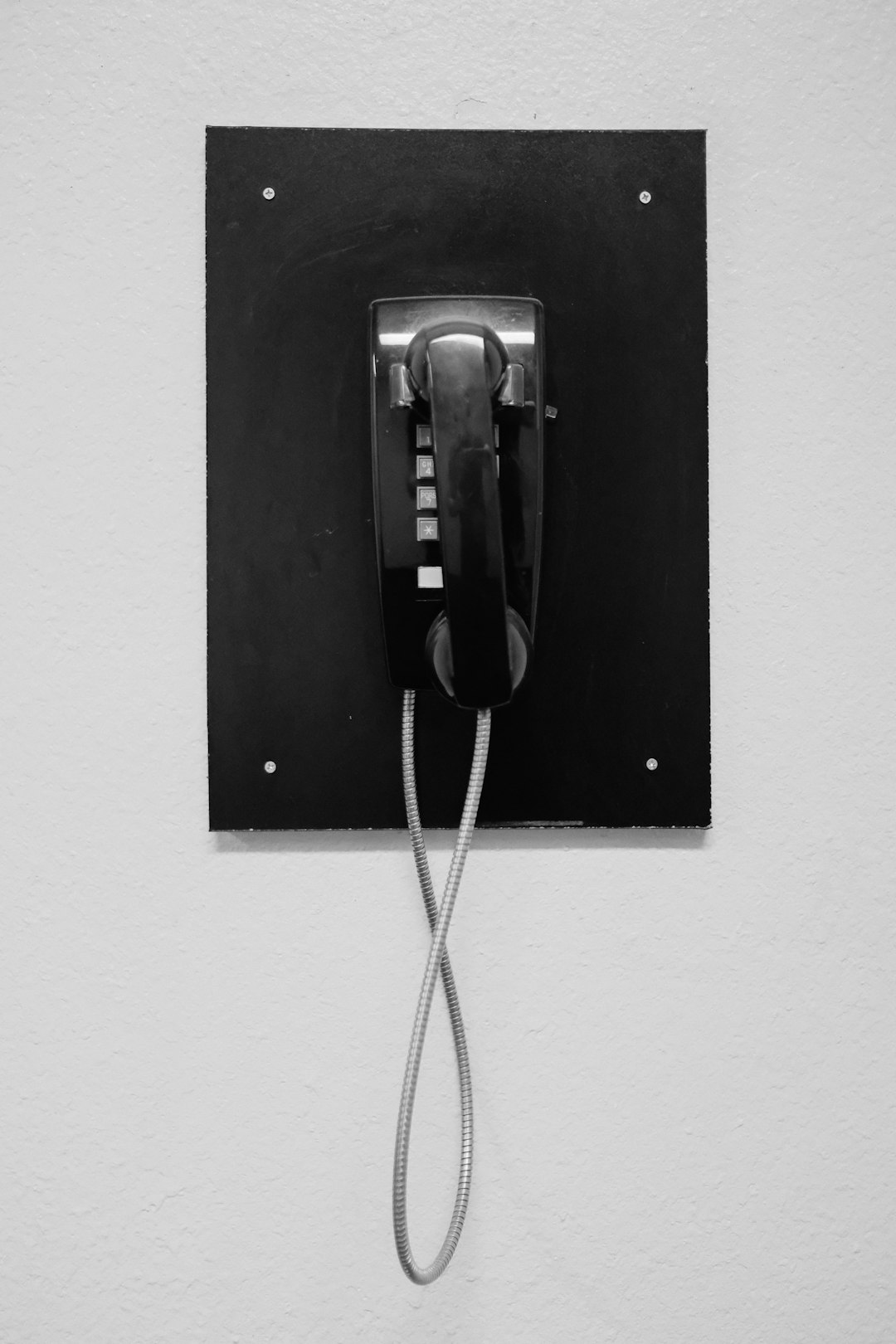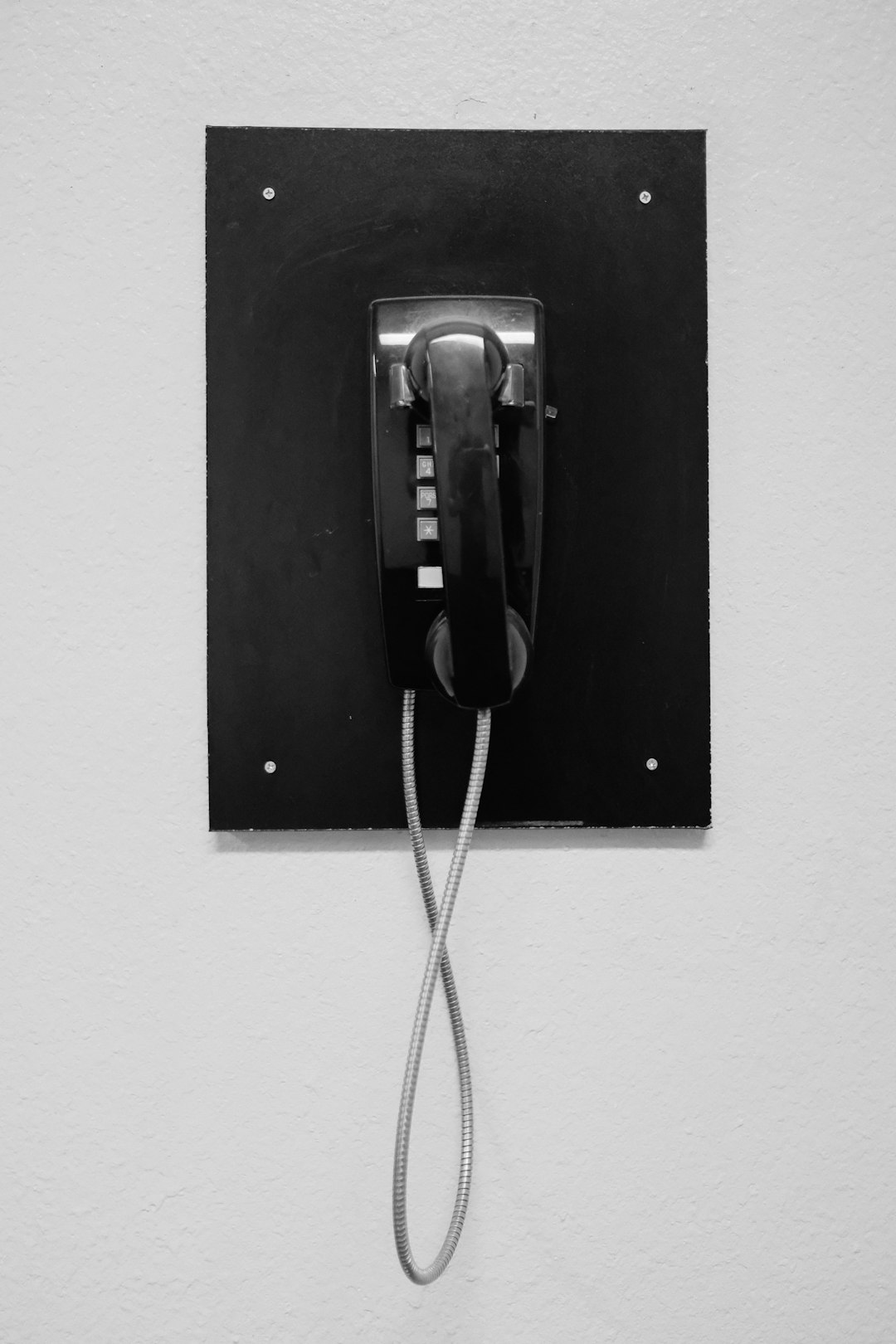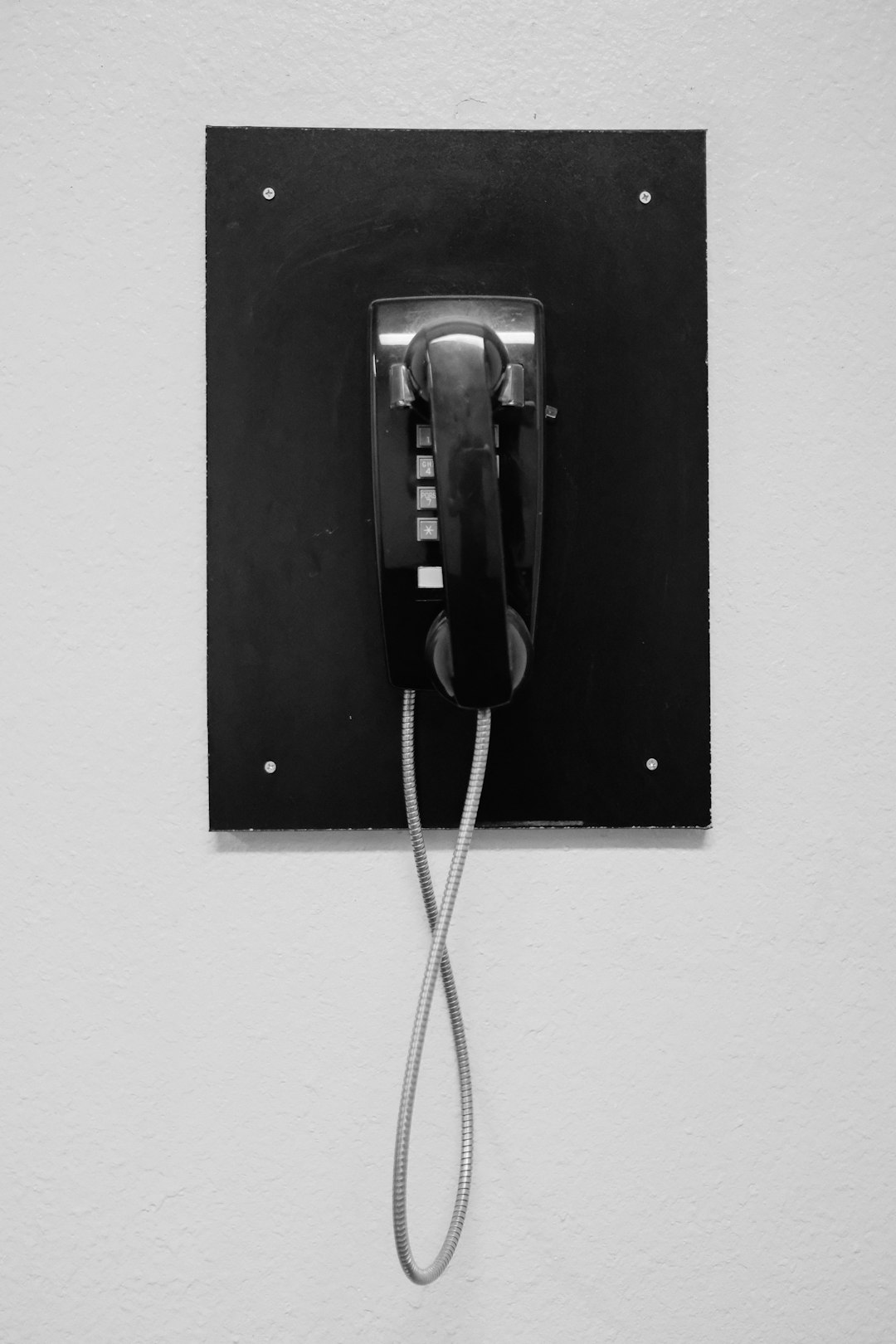In Nebraska, both consumers and debt collectors are bound by regulations promoting fair debt collection practices. The "Do Not Call" law restricts direct contact with consumers unless permitted. Debt collectors must provide accurate debt information, follow strict timelines, and offer transparency in communication. Consumers have the right to verify debt claims within 30 days and can take legal action for fraudulent claims or inaccurate debts. Nebraska's Fair Debt Collection Practices Act protects borrowers from abusive tactics, including unauthorized representation and privacy violations, with consequences for violators. Adhering to these rules ensures a structured, fair process for resolving outstanding debts.
Nebraska has specific rules governing debt collection practices, ensuring consumers are protected from unfair or abusive tactics. This article delves into the state’s regulations, focusing on verifying debt collection claims and the rights of Nebraskans. We explore the legal framework surrounding communication between law firms and debtors, the importance of proper documentation, evidence requirements, and available recourse for those facing questionable practices. Understanding these laws is crucial for both collectors and consumers.
Understanding Nebraska Debt Collection Laws

In Nebraska, understanding debt collection laws is crucial for both consumers and collectors alike. The state has specific regulations in place to ensure fair practices when dealing with debt recovery. One notable aspect is the “Do Not Call” law, which restricts direct contact with law firms and other entities by phone, email, or mail, unless explicitly permitted by the consumer. This law provides a layer of protection for residents from aggressive collection tactics.
Additionally, Nebraska law mandates that debt collectors provide consumers with accurate information about the debt, including the name of the original creditor and the amount owed. They must also adhere to strict timelines for collecting debts and provide proper notice before taking legal action. These guidelines are designed to safeguard consumer rights while facilitating a structured process for resolving outstanding debts.
Verifying Claims: Rights of Consumers

In Nebraska, consumers have specific rights when it comes to verifying debt collection claims. When a consumer receives a debt notice, they are entitled to request verification from the collector. This means the collector must provide proof that the debt is legitimate, including details such as the original amount owed, the name of the creditor, and the date the debt was incurred. The consumer has 30 days to respond, and if the collector fails to provide adequate evidence, they may be subject to legal action under Nebraska’s Fair Debt Collection Practices Act.
Understanding their rights is crucial for consumers to protect themselves from fraudulent or inaccurate claims. If a consumer believes a debt is not theirs or the amount is incorrect, they should immediately dispute the claim. By taking prompt action and demanding verification, consumers can prevent unwanted phone calls from law firms in Nebraska and ensure they are not subjected to unfair collection practices.
Communication Rules for Law Firms

In Nebraska, law firms engaging in debt collection activities must adhere to strict communication rules. One of the most notable regulations is the Do Not Call law, which restricts direct telephone contact with consumers who have registered on the state’s Do Not Call list. This measure protects individuals from unwanted and persistent calls, ensuring a level of peace and privacy.
Additionally, Nebraska laws mandate that debt collection communications be clear, accurate, and not misleading. Law firms must provide proper identification when contacting debtors and clearly explain the nature of the debt. They should also avoid using abusive or harassing language, as this can lead to legal repercussions. These rules are designed to safeguard consumers’ rights while facilitating fair debt collection practices within the state.
Documentation and Evidence Requirements

In Nebraska, debt collection agencies must adhere to strict rules when making claims. One of the key aspects is the documentation and evidence requirements. Agencies are mandated to provide thorough and verifiable proof of the debt, including original contracts, invoices, or any other relevant documents that establish the validity of the claim. This ensures transparency and protects consumers from false or misleading information.
Additionally, Nebraska law requires debt collectors to maintain accurate records and produce them upon request. They must include detailed information such as the amount owed, the original creditor, and the date the debt was incurred. Failure to provide adequate documentation can lead to legal repercussions, emphasizing the importance of proper record-keeping for debt collection agencies operating in Nebraska while avoiding any mention of law firms.
Legal Recourse Against Unfair Practices

If you find yourself facing what you believe are unfair debt collection practices, there are legal avenues to explore in Nebraska. The Fair Debt Collection Practices Act (FDCPA) is a federal law designed to protect consumers from abusive or misleading tactics employed by collection agencies. It provides borrowers with several rights and remedies if they feel their privacy or financial well-being has been invaded.
One key aspect of the FDCPA is that it restricts when and how debt collectors can contact you, including a provision that they cannot call law firms or represent themselves as attorneys unless they are licensed to do so in your state. If you suspect any violations, you have the right to file a complaint with the Federal Trade Commission (FTC) or take legal action against the collection agency, potentially seeking damages and stopping their unauthorized practices.






